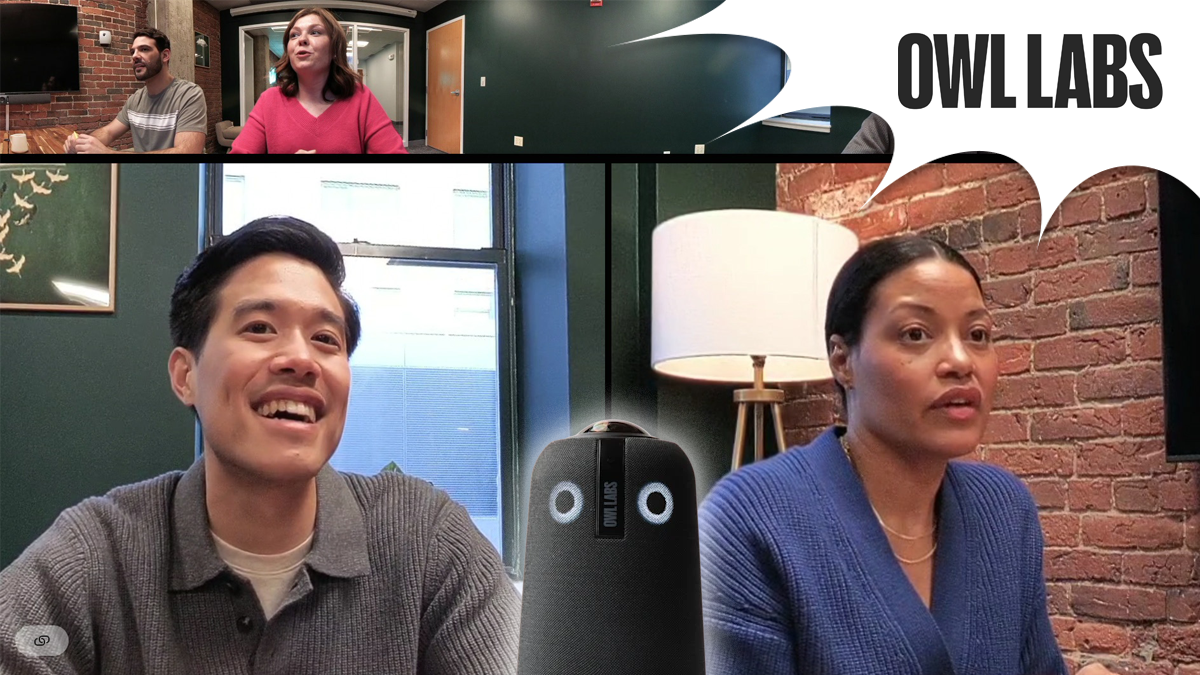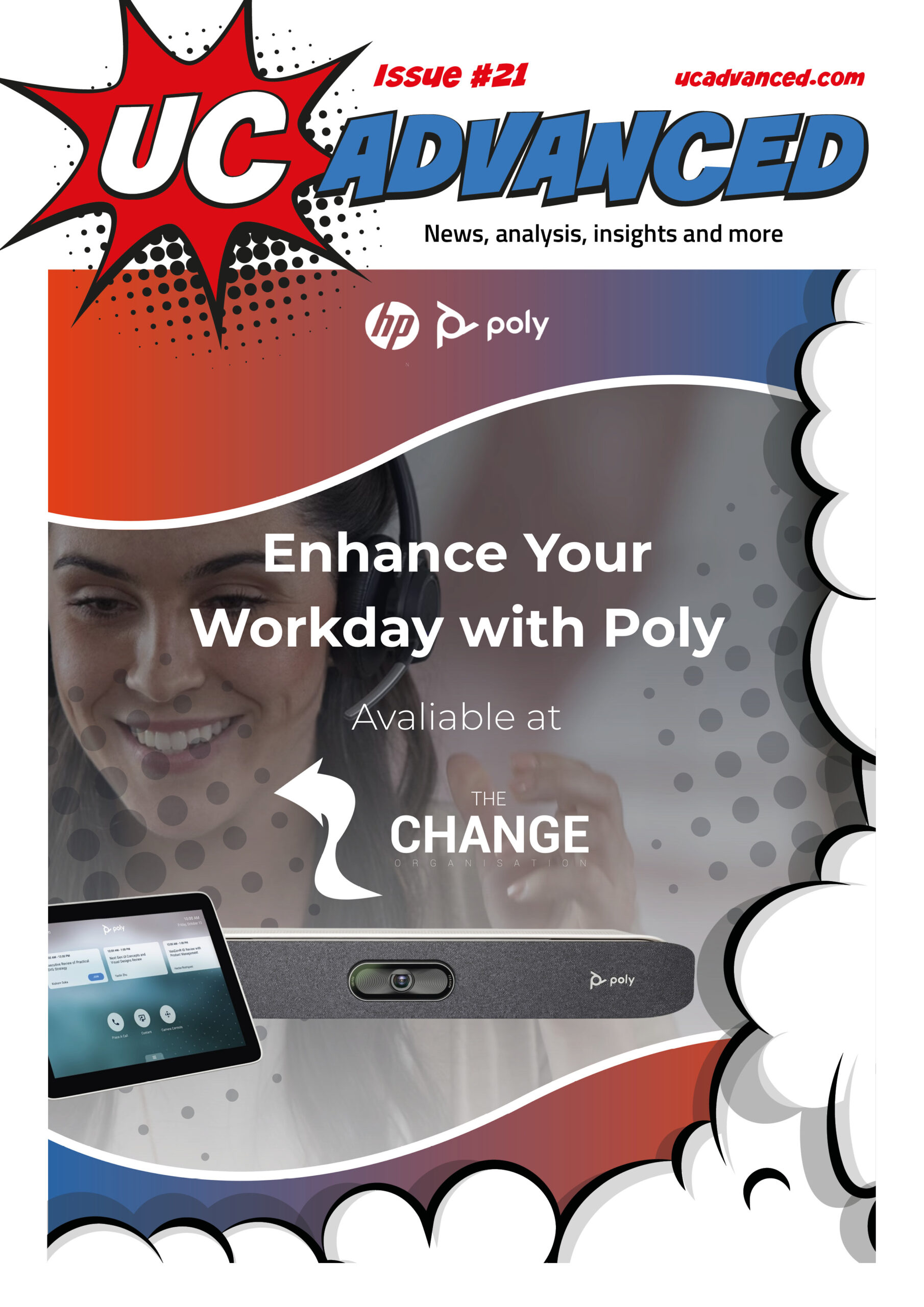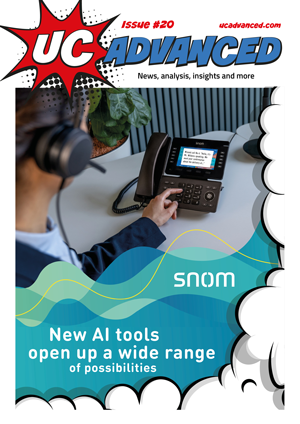Regular UC Advanced readers may remember Owl Labs State of Hybrid Work report in 2024 in issue 12, where we encountered some fabulous work-life phrases like “clock-blocking”. Findings from the latest Owl Labs pulse survey suggest nearly half of UK companies are offering four-day work weeks.
Owl Labs is questioning whether four-day weeks could be the “new five” after uncovering that almost half of companies in the UK offer employees the option of four-day work weeks. Video conferencing solutions provider, Owl Labs, drew a number of other conclusions from its pulse survey which support this move, including more than three quarters of UK employees (76%) who believe it would improve their work-life balance. The research stands in opposition to the return-to-office mandates which have been introduced at Google, Amazon, Dell and many other blue-chip enterprises.
Frank Weishaupt, CEO at Owl Labs, believes that fewer hours at the office can often yield greater results, commenting, “The rise of flexible working trends such as the four-day week and “working-to-rule” show that the traditional nine-to-five no longer makes the cut. It’s crucial to recognise that more hours doesn’t always lead to greater productivity, nor does forcing strict in-office attendance – it’s about how effectively those hours are used, not where they are spent.” Weishaupt continues: “As organisations look to attract and retain talent in a competitive market, flexible models like the four-day week are already shifting from experiment to expectation. For many, the question is no longer if – but when.”
The Results Are In
The results appear to support Weishaupt’s conclusions. When it comes to productivity, 67% of those surveyed feel they would achieve more in a shorter amount of time. Some concerns were raised relating to longer working day hours and the possible impact a four-day work week could have on customer service, but overall the move would be viewed as “overwhelmingly” positive.
Moreover, just under three quarters of UK employees (74%) recognise that the extra time unlocked could be used for personal development, while 72% have said the change resulted in greater job satisfaction. The vast majority of respondents (83%) predicted that the four-day work week will become a new normal by 2030, with a staggering 91% of Generation Z supporting this transition followed by 87% of Millennials.
Resisting the RTO Movement
Although many companies are still prioritising flexibility in the workplace, in organisations which are returning to stricter in-office hours some employees are taking it on themselves to find workarounds. These employee workarounds are in response to what some may see as an irrational and even oppressive movement to force workers back into the office. “Clock-Blocking”, and “Working-to-Rule” are a two such examples of RTO (return-to-office) avoidance tactics taking place, Owl Labs has found.
Clock-Blocking
Clock-blocking has reportedly become a popular workplace trend in which employees book off time from their diary in order to prevent co-workers from filling up their calendars with meetings and other potentially unnecessary distractions from their work in hand. Just under one-third (27%) of employees have already done this, with a further 16% admitting they are planning to do the same.
Working-to-Rule
An even greater percentage of workers (40%) have said they have taken part in another form of silent rebellion known as “working-to-rule”, whereby they only fulfil the tasks that have been specifically outlined in their job description and refuse to take on any further responsibilities. This seems to be the more popular modus operandi for younger workers with nearly half (48%) of Gen Z and Millennials having done this already, compared to 24% of Gen X and eight percent of Boomers.
Coffee Badging
Coffee Badging is still popular, with 39% of workers choosing to sign into their respective office building, grab a coffee or have a chat with a colleague and then sign out and continue their work from home, having technically fulfilled their obligation to enter the office that day.
Polyworking
Meanwhile, “polyworking” is being performed by nearly a quarter (24%) of workers, which could be another symptom of workplace dissatisfaction. This is when an employee will work one or more other jobs at the same time, on top of their full-time job.
A more troubling sign, still, is that a whopping 79% of employees subject to traditional in-office expectations are already searching for positions elsewhere, which could mean a loss of key talent on top of a drop in productivity.
Work Smarter with Smarter Tech
There are further changes to hybrid working that UK employees are pushing for beyond shifting to a four-day work week. Fairer hybrid policies and smarter hybrid meeting technology are areas which could see significant improvement, according to Owl Labs.
With as many as 93% of UK workers feeling that their office setup is negatively affecting their productivity and wellbeing, the answer for 85% of respondents is to invest in better technology, including greater internet connectivity, improved audio and visual equipment, as well as the necessary training to use technology and meeting tools.
Owl Labs offers a range of hybrid meeting solutions, including its Meeting Owl 4+, an advanced all-in-one video conferencing device camera, microphone, and speaker, with 4K Ultra HD 360° video, enabling users to create immersive hybrid meeting experiences.











